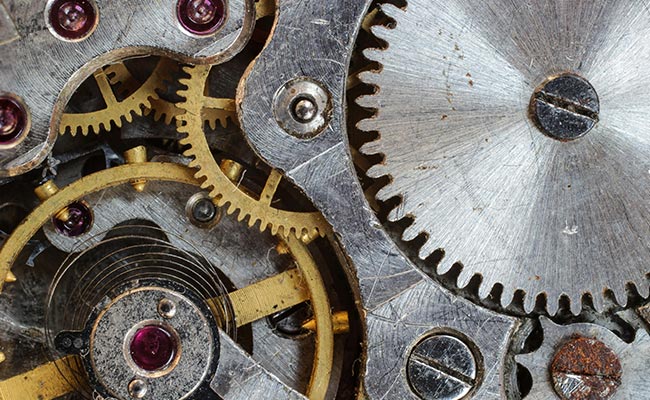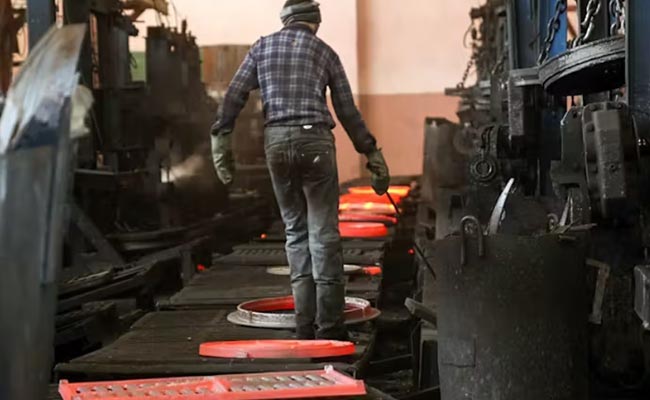
Understanding Metal Fatigue Resistance: Key Concepts, Mechanisms, and Applications part II
2024-12-09
Current Trends in Automotive Metal Casting
2024-12-23Recycling in metal casting has gained prominence as a sustainable and cost-effective practice. Reusing metal scrap in casting processes offers numerous benefits that contribute to environmental sustainability, economic efficiency, and resource conservation. Here’s a look at the primary advantages of recycling in metal casting:
1. Energy Conservation
Recycling metal requires significantly less energy than producing metal from raw ores. For instance, recycling aluminum uses up to 95% less energy compared to primary aluminum production from bauxite. Similarly, recycling steel saves about 60-70% of the energy compared to processing iron ore. This substantial energy savings translates to lower fuel consumption and reduced carbon emissions, making metal casting more energy-efficient and eco-friendly.
2. Reduction in Carbon Emissions
Producing metals from recycled materials emits far fewer greenhouse gases than mining and processing virgin ore. Since metal recycling in casting bypasses energy-intensive mining, refining, and transportation processes, it reduces the industry’s carbon footprint significantly. This is especially beneficial for metals like aluminum and copper, whose primary production involves high carbon emissions. By using recycled metals, foundries help mitigate climate change and move closer to achieving sustainability goals.
3. Cost Savings
Recycling metal for casting is more economical than processing raw materials. The savings come from multiple sources: reduced energy consumption, lower raw material costs, and minimized expenses in waste management. For foundries, this translates into a direct reduction in production costs, making products more affordable for consumers. The savings also allow companies to invest in other areas, such as improving technology or expanding capacity.
4. Waste Reduction and Efficient Resource Utilization
Recycling metal reduces the amount of waste that would otherwise end up in landfills. The metal casting industry generates a significant amount of scrap metal, and recycling enables this waste to be reused in production rather than disposed of as landfill waste. This reduces the strain on waste management systems and contributes to a more circular economy by ensuring that materials are utilized to their fullest extent.
5. Preservation of Natural Resources
Recycling in metal casting lessens the demand for raw materials, conserving finite resources such as iron ore, bauxite, and copper. Since mining activities disrupt ecosystems and deplete natural resources, recycling supports resource preservation. It allows for a more sustainable use of natural resources, ensuring they’re available for future generations and reducing the environmental degradation associated with mining.
6. Improved Production Efficiency and Material Quality
Recycling metals in casting processes can also improve production efficiency. Recycled metals often require less refining and can reach production standards more quickly than raw materials. Additionally, using high-quality recycled scrap can maintain, or even improve, the integrity and properties of the final product. Advanced sorting and processing techniques in recycling ensure that recycled metal meets quality standards, making it suitable for high-precision casting applications.
7. Increased Industry Resilience and Supply Chain Stability
Relying on recycled metals as a consistent source of raw material helps mitigate supply chain disruptions that could result from volatile raw material prices or geopolitical issues. Using recycled metals provides a more stable, localized supply chain, which increases the metal casting industry’s resilience to external market fluctuations.




